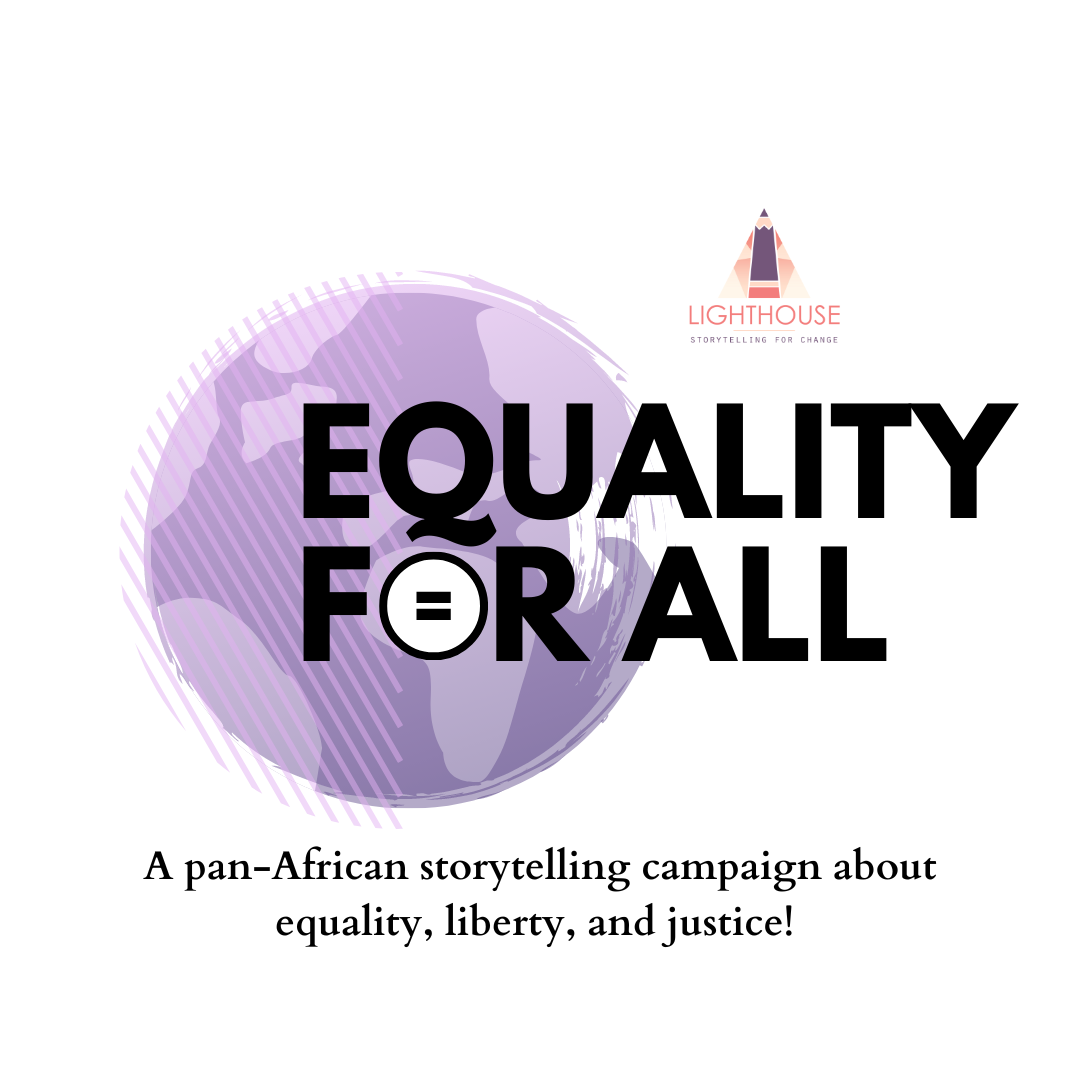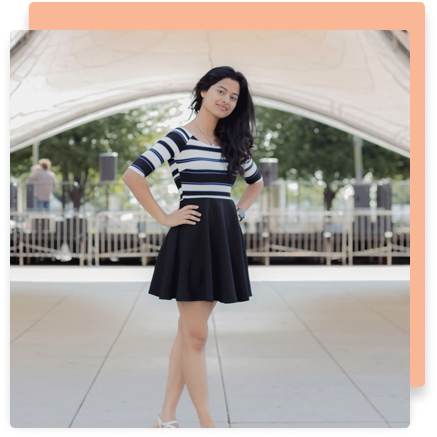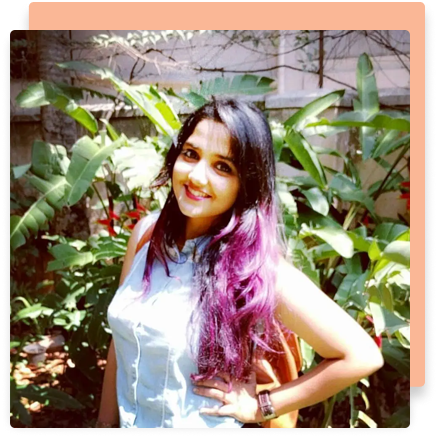Equality for All

Listen. Across markets, back alleys, community halls and living rooms from Nairobi to Lagos, people are telling themselves who they are. Equality for All was our invitation to listen more carefully. It began as a question: what happens when the people most affected by unfair laws, slow courts, unequal economies and quiet everyday exclusions are given space to tell their stories in their own language and in their own voices? The campaign grew into a living archive of testimony, witness and imagination. It is a map of justice made of sound, text, film and the rhythms of ordinary life. The work we published was never meant to lecture. It was meant to reframe. It was meant to turn data into faces, policy into pulse, and statistics into songs.
Stories do the work that reports cannot. They translate law into lives, policy into possibility. If justice is to be more than a word, we must let the people most intimate with its absence define what it looks like.
Africa is home to roughly one and a half billion people, a fact that makes the stakes of justice and equality continental in scale (Our World in Data). Seventy percent of Sub-Saharan Africa’s population is under the age of thirty, representing a powerful demographic force. Young voices are not only the future; they are the majority present (United Nations). Internet access across the continent is expanding rapidly but unevenly. While large national markets now count tens of millions of users, many rural areas remain chronically offline. Nonetheless, the use of social platforms and audio streaming continues to rise each year (DataReportal – Global Digital Insights). Most of the world’s extreme poverty is concentrated in Sub-Saharan Africa, and this economic pressure shapes how people experience justice, mobility, and voice (World Bank). Public perception also plays a critical role. Recent Afrobarometer data shows that a majority of respondents believe people are often or always treated unequally under the law, and many perceive discrimination based on economic status. These perceptions shape civic trust and the appetite for change.
Today, the impact of ‘Equality for All’ continues to grow, with stories being shared in classrooms, youth forums, and community spaces, sparking deeper conversations and inspiring collective action.
Stories of Change: Journeys Toward Justice and Equality
Poverty
Varshini bg Mysore Poverty Poverty is a problem we have been facing for many years. Everywhere we see, there is the agony of poverty. Is India a poor country? Or does it not take any responsibility for this issue. Hunger, weakness, weeping, is overflowing...
The Us beyond I
Vidhi K Sanghvi India The Us beyond I Under the dark, silent skies in the middle of lush green fields in Punjab, in a small village called Moga, we were celebrating and rejoicing our independence from British rule. It was the third year of our independence. We...
Brave Boy Tabo
Nancy Mwacharo Voi-Kenya Brave Boy Tabo Orphaned at an early age, he had a lonely, difficult life. He was tossed from one relative to another, denied the basic needs of a young man. At the age of 22, Tabo could not hold it anymore, therefore settled for early...
Visiting Wajir County
Chelsea Waithera Munderu Kenya Visiting Wajir County Beyond the dusty road, lay a beautiful homestead in Wajir county, Kenya, about 100 meters away from the main road. We were graciously welcomed by Ishmael's mother, who was wearing a beautiful smile adorned in...
Afraid of the Dark
Lavanya Krishna Bangalore, India Afraid of the Dark I didn't know what a skort was when I first walked into the homeroom. I didn't know what homeroom was, either. My teacher said, "a skort is in between a skirt and shorts. Both and neither. Like you. Indian and...
Sight
Shivani Raj Urs L India Sight Sitting across the corner was an old man with tattered clothes. On the other side of the hospital room separated by a black thick curtain was another man aged towards his mid-thirties. The two men could not see each other's faces,...











